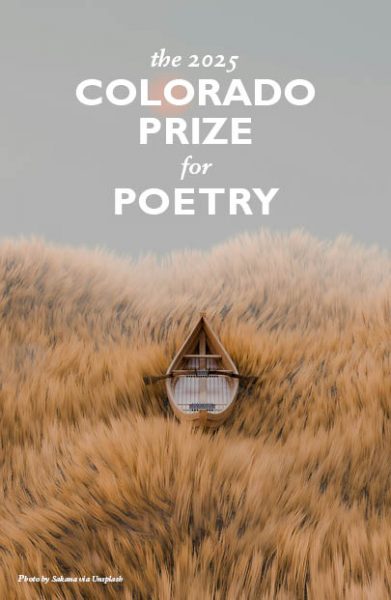
How do I submit my work to ROPES?For writing, you may submit your material using the written submission Google Form.
For visual art, you may submit your material using the visual submission Google Form.
Before submitting, please read the below submissions guidelines carefully.
What is the submission deadline?
The deadline for written submissions is Wednesday 1 January, 2025.
For visual submissions, the deadline is Friday 21 February, 2025.
What is the topic or theme for this year's submissions?
The theme for ROPES issue 33 is roots. We encourage writers and artists to explore and develop their own unique interpretations of this theme. For our team, it has connotations of place, origins, family, nature, classical myths and tales, and core values and meanings.
You may choose to interpret this theme in an entirely different way, so long as it is somehow connected to the idea of roots. We can't wait to read your work!
What kind of material can I submit?
ROPES welcomes both written and visual submissions from Irish and international writers of all origins and backgrounds. We encourage work from first-time writers, members of minority groups or underrepresented communities, as well as writing as Gaeilge. We accept a variety of written and visual work, including, but not limited to, fiction, flash fiction, poetry, memoirs, essays, art, and photography. All submissions should be original, previously unpublished work.
If you are eager to share a piece of work (within the designated word count: see below) but are unsure about its category or content, feel free to send a query to:
ropeslitmag.submissions@gmail.com
What is the word count?
Our general guideline word count is as follows:
Fiction: Max 3,000 words (ONE piece per submission)
Non-fiction (memoirs, essays, other): Max 3000 words (ONE piece per submission)
Flash fiction: Max 500 words (up to THREE pieces per submission)
Poetry: Max 40 lines per poem (up to FOUR poems per submission)
If you are submitting prose or any type of long-form content, please note the word count of the piece in the document. Please ensure that multiple pieces (poetry, flashes, etc) are compiled within a single document.
Can I submit more than once?
We allow one submission per category (this may comprise a singular piece or multiple, depending on the categories listed above).
Should you choose to submit in multiple categories, we ask that you treat these as separate submissions and complete a new Google Form each time. Please note that your submission will not be considered unless submitted through our Google Form.
What about visual submissions?
For visual submissions, we require +300 PPI.
What about the formatting?
All writing should be formatted in a clear font with easy-to-read spacing. All submissions should be in PDF, .doc or .docx format.
Should I include my name?
Our selection and editing process is entirely anonymous, so please do not include your name anywhere on your submitted files.
Can I submit to ROPES if I’ve already submitted somewhere else?
We are happy to take simultaneous submissions (provided the work is original), but we ask that you notify us should your work be accepted elsewhere.
Will I receive feedback on my work?
Please note that we will be unable to offer feedback on unsuccessful applications due to a high volume of submissions.











